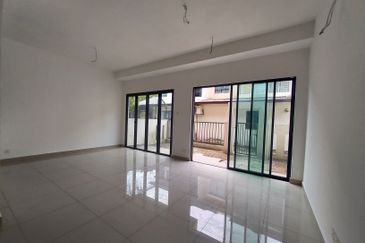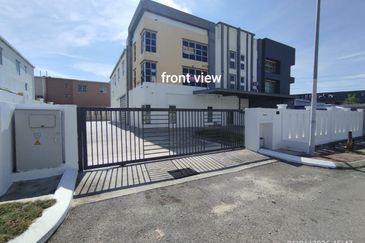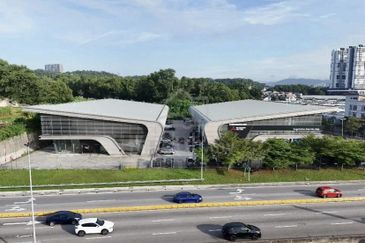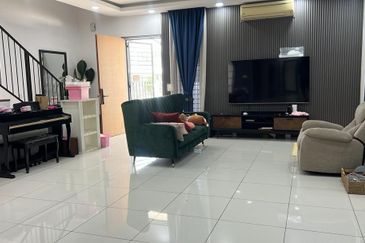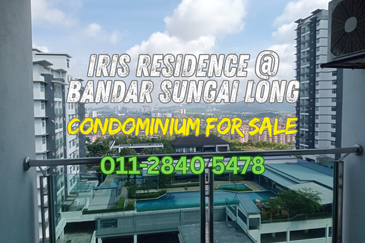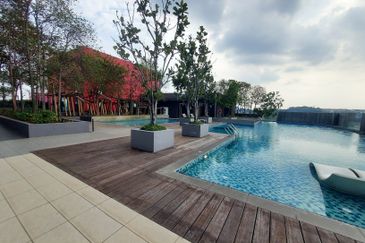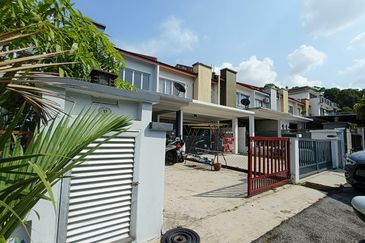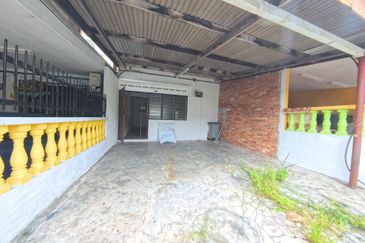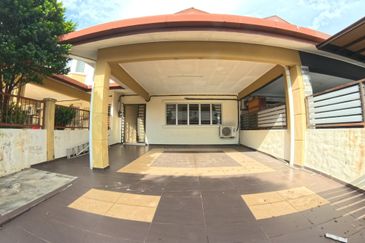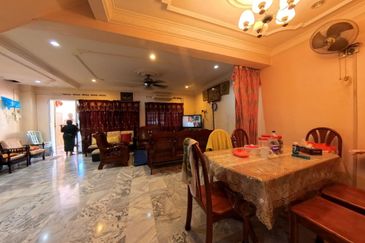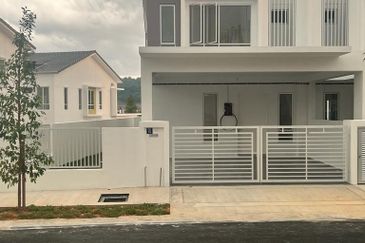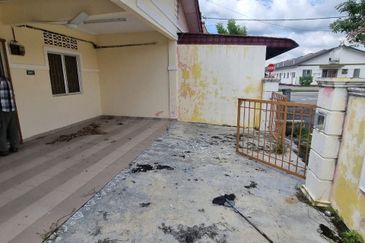
- "Office tenants now face the dual challenge of higher rental costs and increased fit-out expenses due to the new construction services tax. These changes will likely influence relocation decisions and strengthen resistance to standard rental increases upon renewal.”
KUALA LUMPUR (Aug 18): Malaysia's real estate market is expected to see reduced absorption rates across all commercial property segments with downward pressure on rental growth, following the introduction of the expanded sales and service tax (SST) framework, according to JLL Malaysia.
The SST expansion, which took effect on July 1, 2025, introduced an 8% service tax on commercial property leasing and rental services, alongside a new 6% SST on previously exempt construction work services. It applies to offices, shopping malls, shop lots and warehouses for landlords with annual revenue exceeding RM1 million.
“As a result of the SST, the Malaysian real estate market is anticipated to see reduced absorption rates across all commercial property segments, with downward pressure on rental growth,” said JLL Malaysia head of research and consultancy Yulia Nikulicheva (pictured) in a statement on Monday.
“To counter this trend, landlords will likely increase tenant concessions to attract and retain occupiers. In the investment market, transaction activity may diminish as capital values and yields undergo adjustment to establish a new market equilibrium,” she added.
JLL Malaysia noted that the expanded SST increases operating expenses for tenants. "Office tenants now face the dual challenge of higher rental costs and increased fit-out expenses due to the new construction services tax. These changes will likely influence relocation decisions and strengthen resistance to standard rental increases upon renewal.”
In the retail sector, impact varies based on tenant size. "Malls with higher SME (small and medium enterprise) representation will experience less disruption. JLL interviews indicate most mall operators will avoid additional rental increases, recognising tenants are already absorbing SST costs."
As for the industrial and logistics segment, where fit-out costs are less significant, higher rentals could see landlords offering more tenant incentives, according to JLL Malaysia.
On the other hand, landlords face less direct impact. Those with higher vacancy rates may be compelled to offer more favourable terms. Meanwhile, government landlords are expected to gain a competitive edge through their tax-exempt status.
The real estate consultancy firm also highlighted that developers are currently under pressure as construction costs rise and margins compress. It said many may pivot toward shorter-timeline projects or postpone larger developments. "Township developers will likely pass costs to buyers, while commercial and industrial segments face challenges implementing similar strategies. Developers of properties currently under construction face both increased costs and potentially weaker demand."
On the investment front, JLL Malaysia said that landlord revenue growth projections are set to ease, with REITs and investors having to revise valuation models. Yields are likely to see slight compression, compounded by higher operating costs from electricity tariffs, minimum wage increases and SST on various services.
Does Malaysia have what it takes to become a Blue Zone, marked by health and longevity? Download a copy of EdgeProp’s Blueprint for Wellness to check out townships that are paving the path towards that.
TOP PICKS BY EDGEPROP
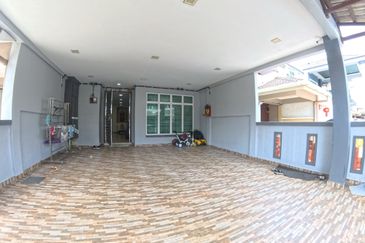
Bandar Dataran Segar
Port Dickson, Negeri Sembilan
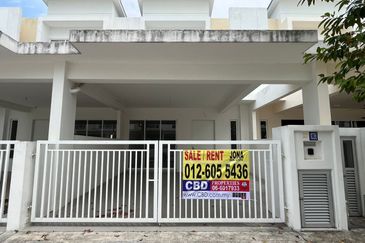
ARA SENDAYAN @ BANDAR SRI SENDAYAN
Seremban, Negeri Sembilan
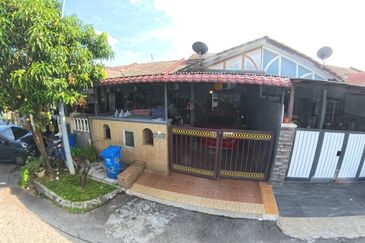
Seksyen 25, Shah Alam (Taman Sri Muda)
Shah Alam, Selangor
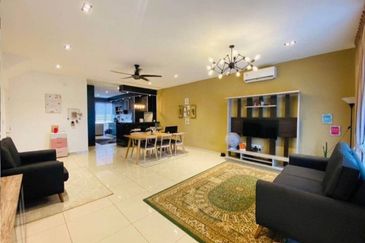
Ara Sendayan @ Bandar Seri Sendayan
Seremban, Negeri Sembilan
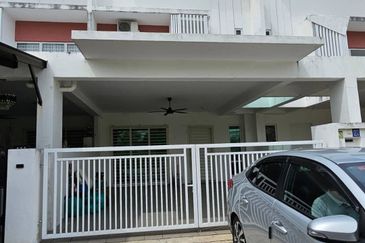
ARA SENDAYAN @ BANDAR SRI SENDAYAN
Seremban, Negeri Sembilan
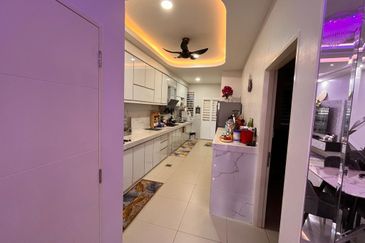
ARA SENDAYAN @ BANDAR SRI SENDAYAN
Seremban, Negeri Sembilan
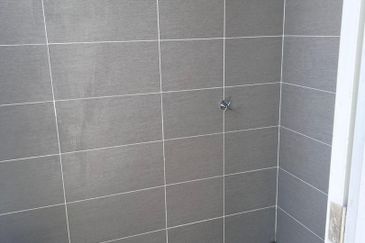
ARA SENDAYAN @ BANDAR SRI SENDAYAN
Seremban, Negeri Sembilan


